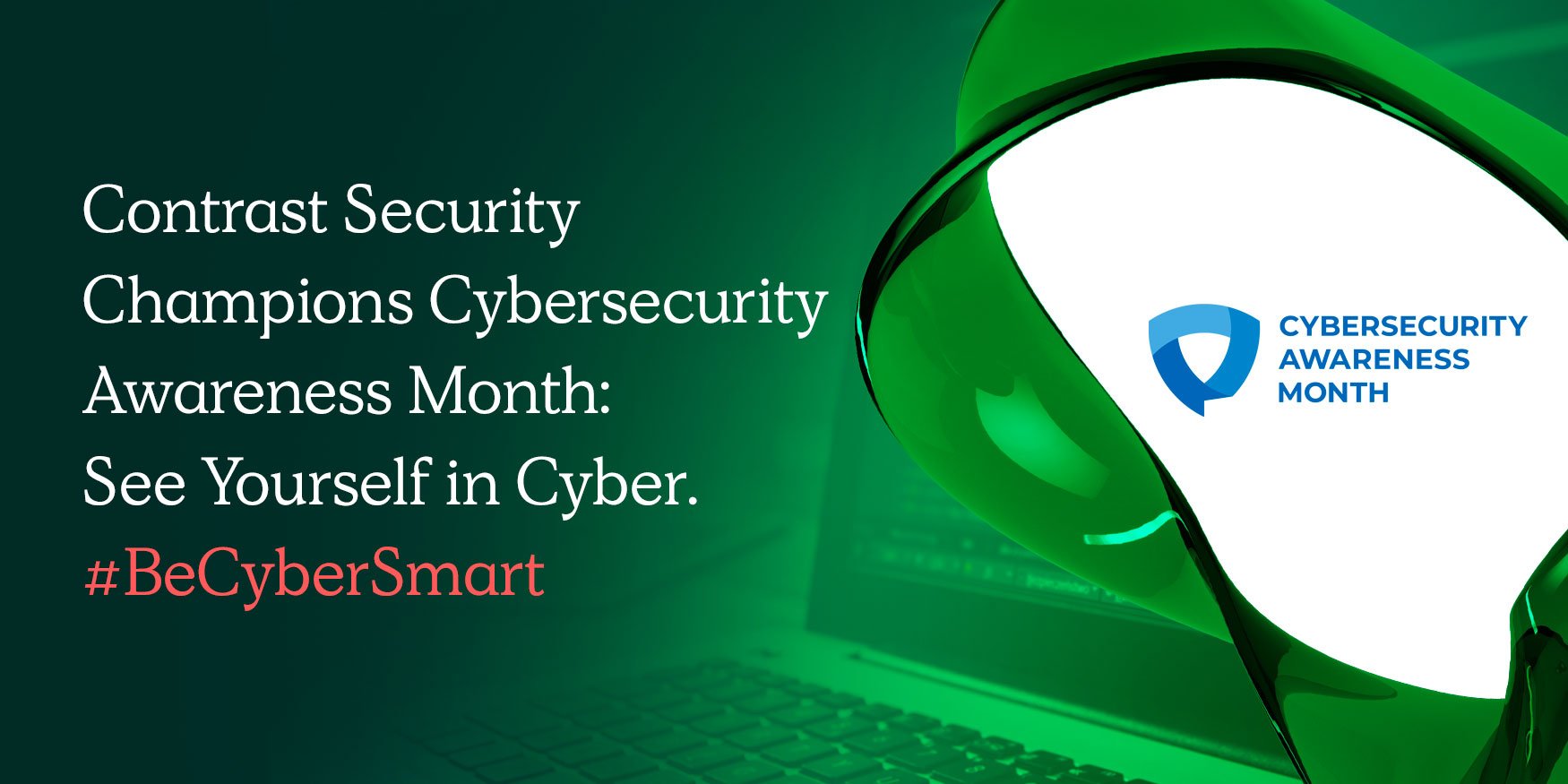Pumpkin spice latte and a side of National Cyber Security Awareness Month
At risk of not being considered one of the cool kids rolling their eyes at the idea of National Cyber Security Awareness Month, Pondurance is a NCSAM “champion” and we’re going to use this month to push out what we hope are helpful reminders of best cybersecurity practices for both companies and individuals. You know why? Because we all still need reminders about what to be skeptical about – is that a real email? Was that urgent text really from my CEO? Is that gorgeous stranger on Facebook really interested in me? And we still need reminders to protect important personal and financial information (among other things) with multi-factor authentication (MFA) and to update software on our devices. You get the gist.
Not a day goes by that I don’t get scam robocalls to my mobile phone. I’ve lost count of the car warranty reminders, the social security compromise calls and the many other ridiculous calls, offers and threats. Email is the same—phishing is rampant and I’m grateful to be in a business that has trained me how to scrutinize a message to determine whether it’s real or a fake. Sometimes the branding on a phishing email mimicking FedEx, the USPS, my bank, Pay Pal or some other real service is so authentic that I’m reminded why so many people fall for them.


